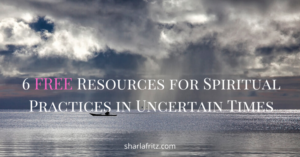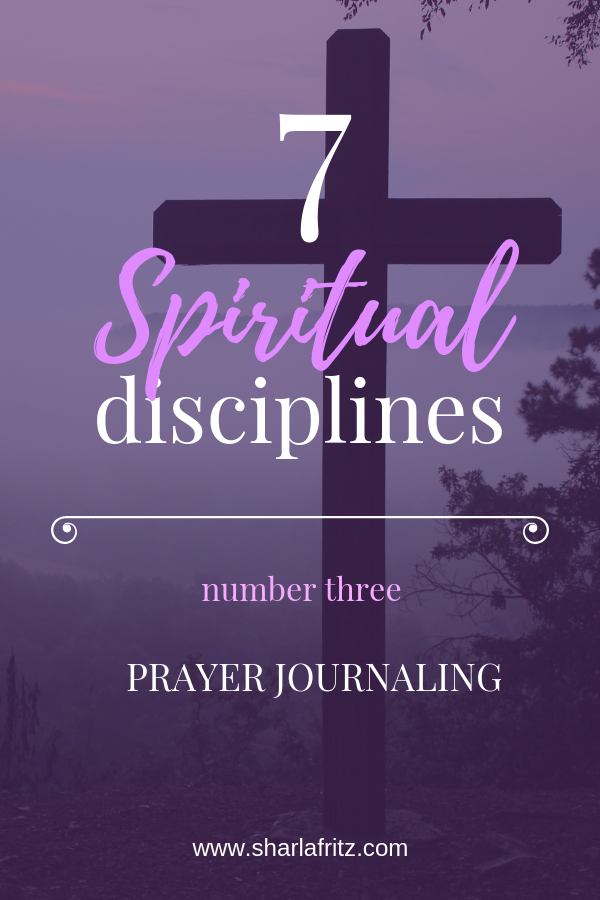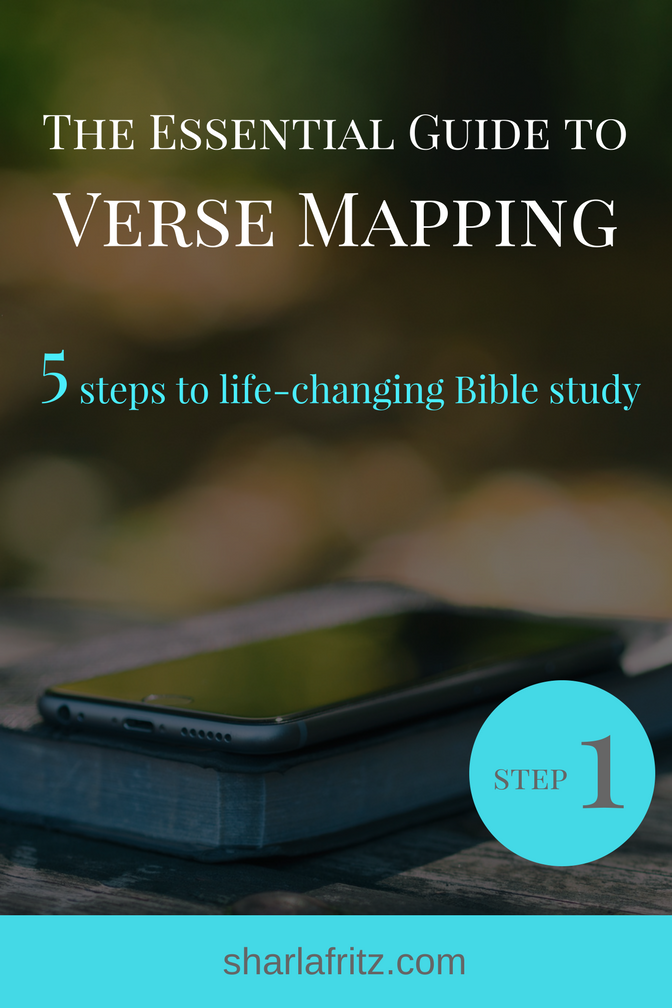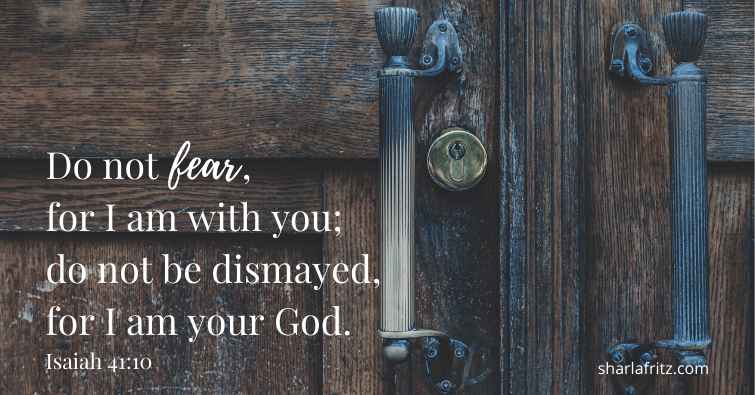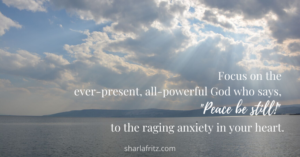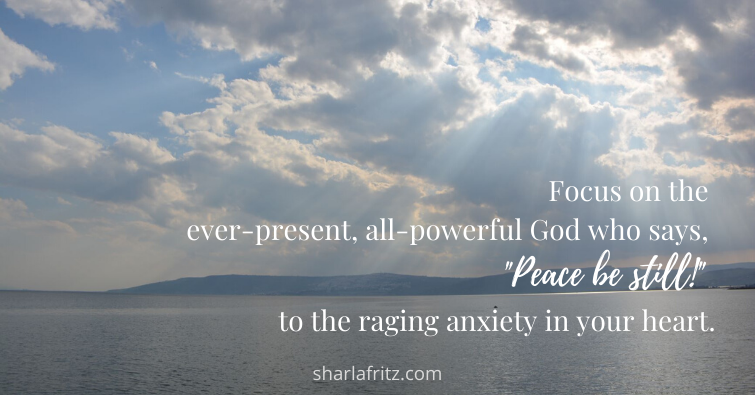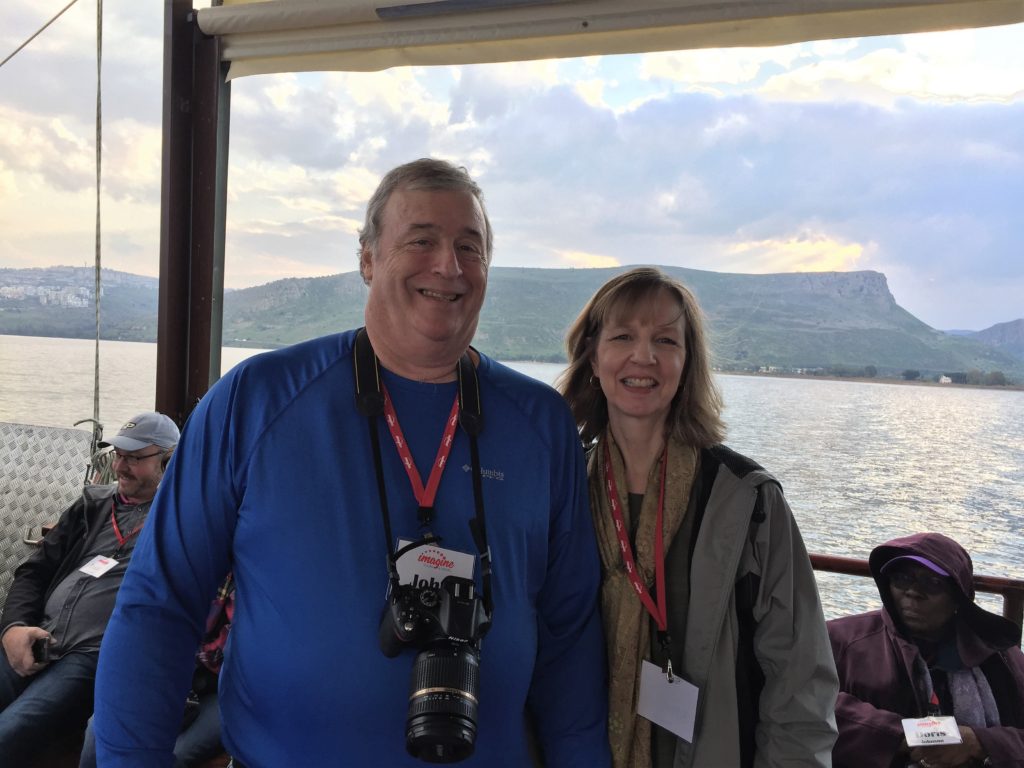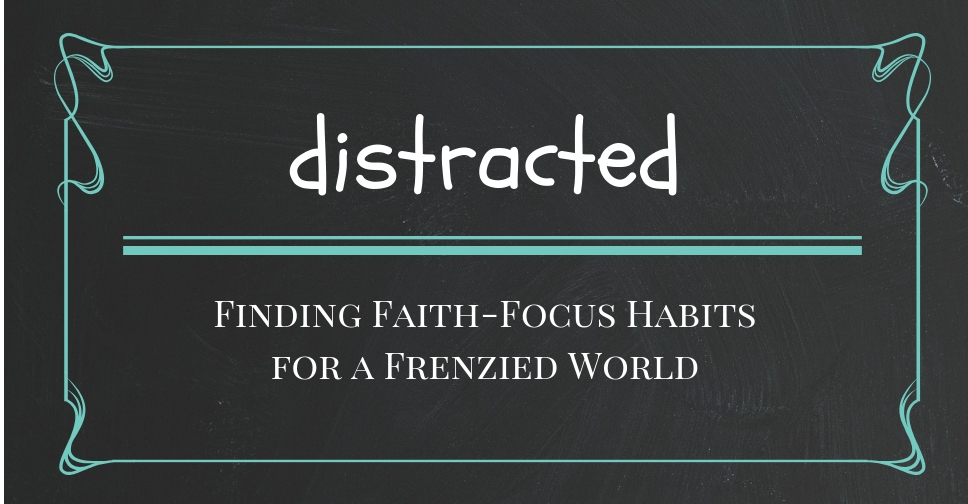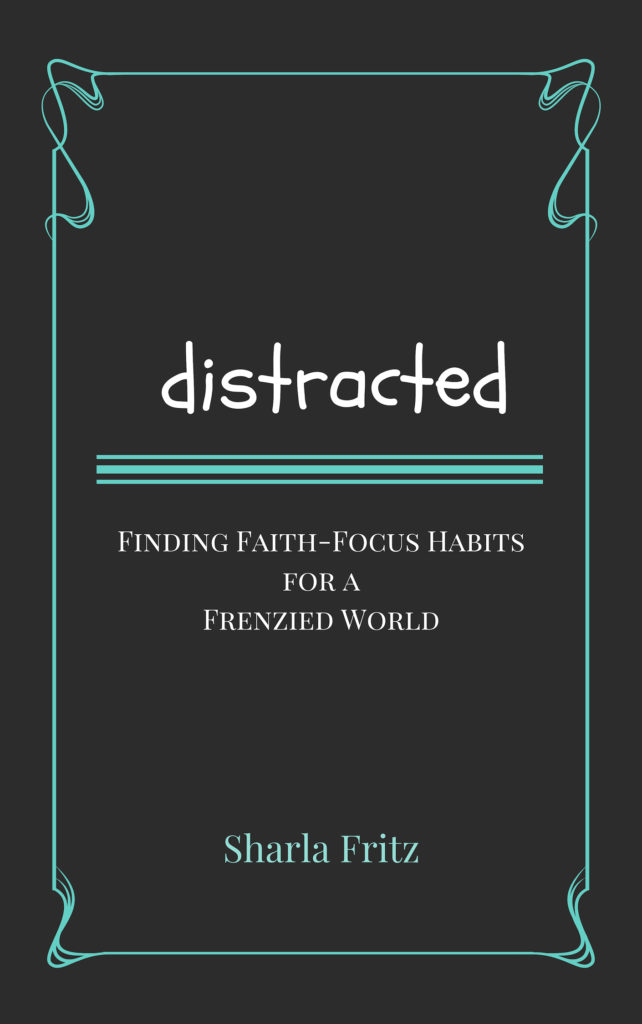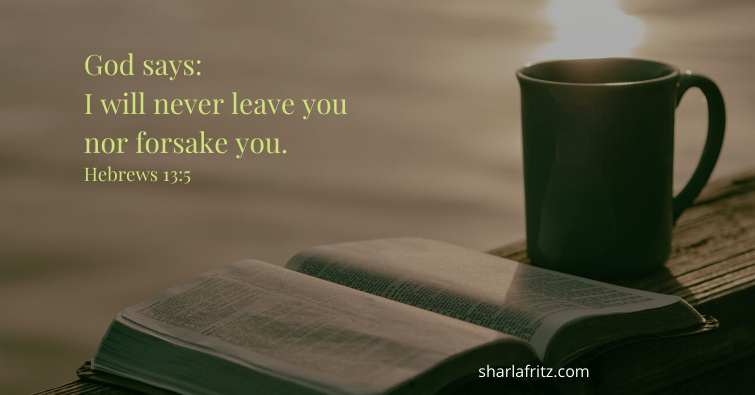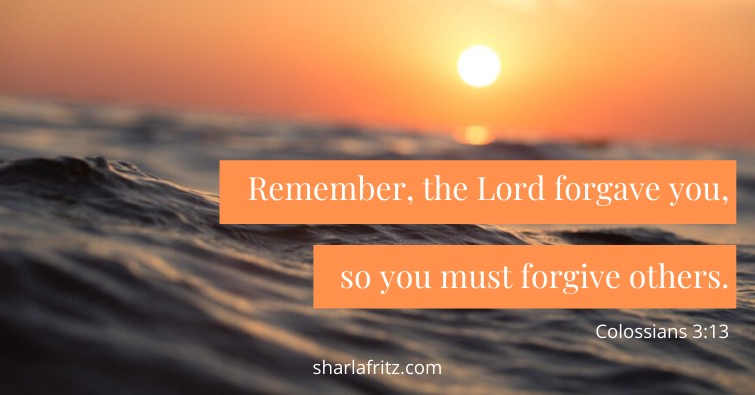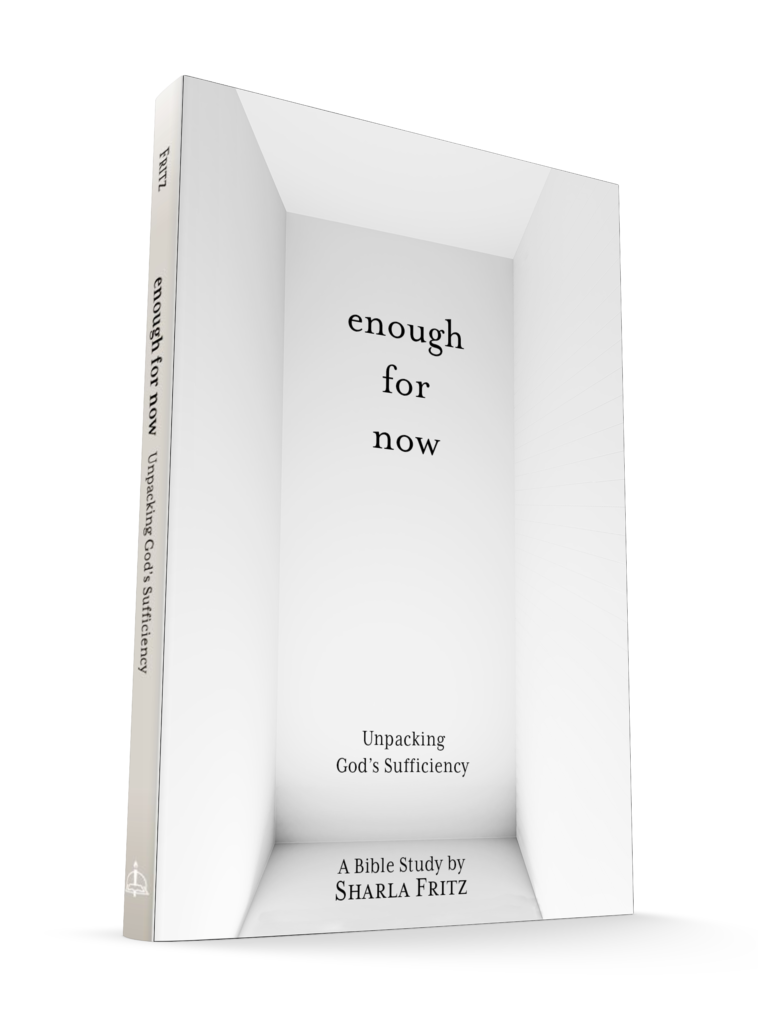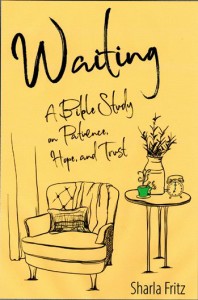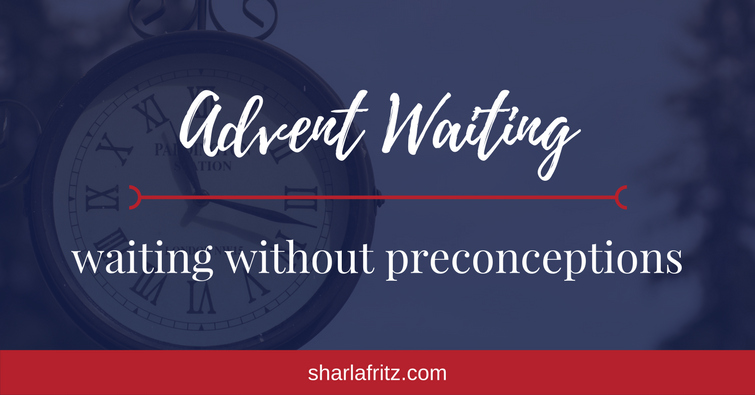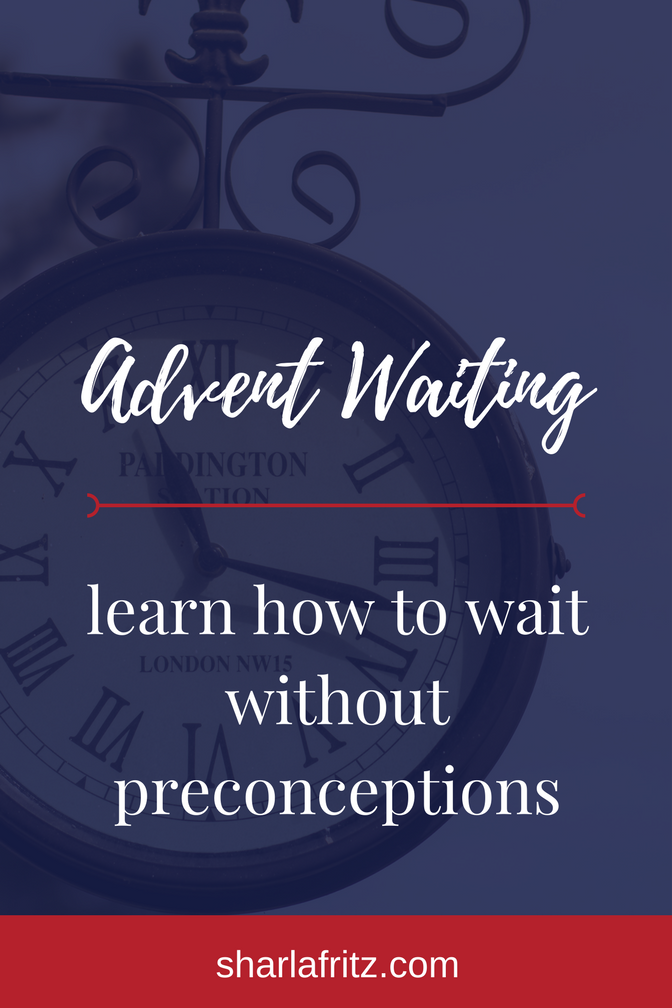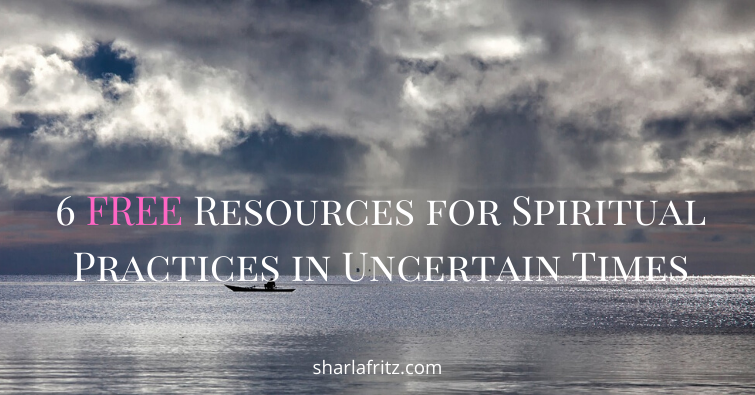
Undoubtedly, you have many emotions running through your head these days. COVID-19 has stirred up fear, uneasiness, anxiety, and doubt. Our world now faces something new and scary. When we don’t know what to do, spiritual practices can help. This post includes 6 FREE resources you can use in these uncertain days to stretch your faith and turn your heart to the God who has everything under control.
Soul Spa Kit
In these bewildering days we all need a spiritual compass. We need to reconnect with the One who can give us peace and direction. A spiritual retreat can be the conduit for that reconnection.
Every month I try to schedule one morning for a personal spiritual retreat. Jesus told His disciples, “Come away by yourselves to a desolate place and rest a while” (Mark 6:31). He knew they needed to get away from the crowds, the noise, the responsibilities. Christ offers the same invitation to us.
You might be wondering: What do you do during a personal spiritual retreat? Here’s my process. I read God’s Word and journal what I hear God speaking to me. I pour out my struggles, asking God to make sense out of everything. I spend time resting in God’s love for me.
To help others experience their own personal spiritual retreats I created the Soul Spa Kit: 59 Ideas For Creating Your Own Spiritual Retreat. Inside this resource you will discover the who, what, when, why, where, and how of soul care. This kit is a little like a three-day spa weekend for your soul.
Click here to find out more about this resource and sign up for the Soul Spa Kit.
7 Words Your Soul Needs in a Waiting Season
Right now we are all in a holding pattern. The world has slowed and we wait for answers, wait for word that things can go back to normal.
But there’s no denying that waiting is hard. What do we do in the meantime?
Although our hearts squirm at the sound of the word wait and our souls try to wriggle away from its grasp, maybe it’s a word we need.
But, perhaps we need to reframe waiting. Look at it from a different angle. Hear it in a different context. What if when God said, “Wait,” we heard one of its synonyms? What if it were pronounced “pause”? Or “Expect“? Or “Abide”? Would it make a difference?
I think it does. Although the word wait almost always has negative connotations in our culture, I don’t think God necessarily intends waiting to be gloomy and punitive. Sometimes waiting is meant to be restorative. To give us a season of rest. To draw us closer to the Father. To help us abandon our own puny efforts and rely on the almighty power of God.
That’s why I created the free ebook 7 Words Your Soul Needs in a Waiting Season. Each lesson examines one of the synonyms of the word wait and how examining a waiting season from a different perspective can help us grow in faith in the God who loves us.
Click here to find out more and sign up to get this free ebook.
Finding Enough: A
7-Day Jump-Start to Decluttering Your Life
With extra time at home, maybe you are thinking of organizing closets and cupboards. Then this 7-Day Decluttering Guide is for you. It will help you not only purge the stuff you no longer need or want, but it will also help you toss out harmful emotions and thoughts.
Finding Enough: A 7-Day Jump-Start to Decluttering Your Life can help you reduce the clutter of your life. In the span of seven days, you will take a journey to cast out what is cluttering your closets, your schedule, and your minds. Each day, you’ll examine one area of your life and decide if it is time to keep or time to cast away. I won’t tell you what to hold on to or what to toss—that’s up to you. Some of the days, you will tackle a practical area of life like your home or schedule. Other days, we’ll delve into the cupboards of your soul to see if anything harmful or unnecessary is stored there.
If this is for you, click here to find out more and sign up for this free resource!
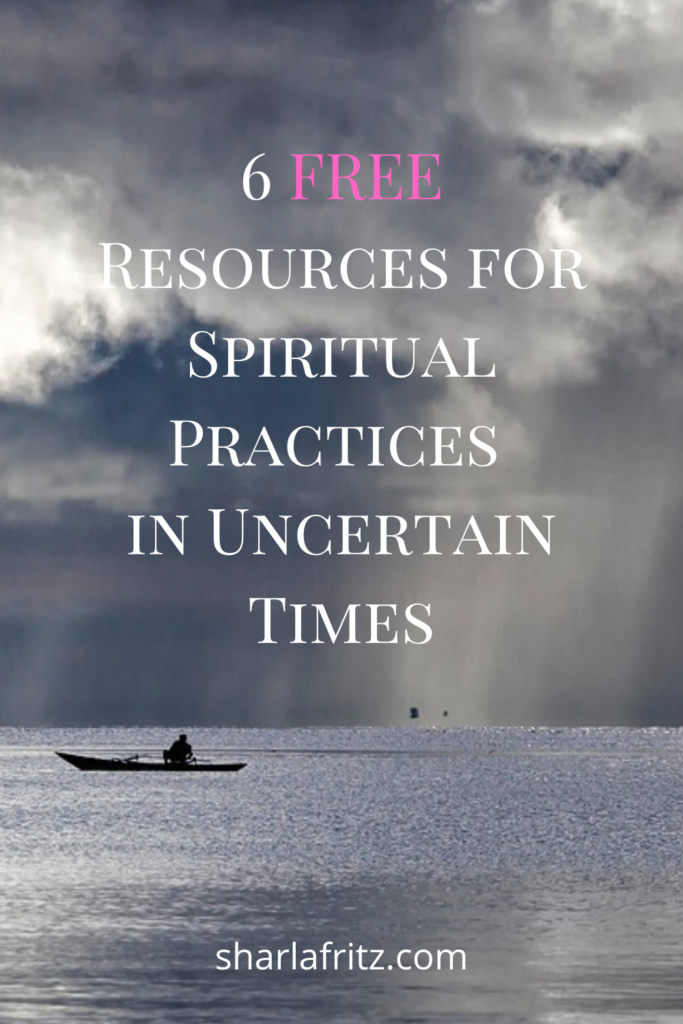
Spiritual Disciplines
Perhaps you are looking for a new way to spend time in God’s Word. A few years ago I discovered Spiritual Disciplines. At the time, I thought I had stumbled on something new, but Spiritual Disciplines have been used by faithful Christians for centuries, even millennia.
I love using Spiritual Disciplines because they help me focus my attention on my Savior and receive His gifts. These ancient practices help me spend time with the One who can calm my soul and reassure me of His love. These practices include prayer, listening, and meditating on God’s Word.
I did a whole series of articles on Spiritual Disciplines. Click on a link to explore each helpful practice.
Verse Mapping
If you’re a Bible nerd like me, you love spending time in God’s Word. You love digging into deeper meanings and discovering what it has to say in respect to your current situation.
Enter Verse Mapping. Verse Mapping is a Bible study method that examines the context, cross-references, translations, and word meaning of a particular verse in God’s Word.
In Verse Mapping, you look at the individual parts of a Bible verse and then put it back together with the new understanding you have gained. It incorporates all the things I usually do to dig into God’s Word in a systematic way. Through this method, you will grasp the meaning of the verse in a new way that will help you apply it to your life.
For some of you this time of coronavirus isolation has meant more time on your hands as your normal activities have been put on hold, leaving you with more time for Bible study. I did a series of articles and videos to explain the five-step process of Verse Mapping. Check them out!
Bible Study for Busy People
While some of you have more time on your hands because of coronavirus isolation, others of you have even less time than before as you juggle home schooling your children and doing your job!
You know you want to spend time in God’s Word, but you need some strategies to find that time and make to make the moments you have meaningful.
That’s why I did a series of articles on Bible Study for Busy People. Here you will find motivation to spend time with your Savior and some Bible study methods that help you make the most of that time.
Click on the links below for more information about Bible Study for Busy People!
Bible Study for Busy People: Start with Stories
Bible Study for Busy People: 7 Strategies
Bible Study for Busy People: 5 Tech Strategies
Bible Study for Busy People: Finding PEACE in God’s Word
I hope that these ideas will help you grow in faith during this unusual time of coronavirus quarantine! Whichever methods you choose, remember that God is still in control. We may be shocked and surprised, but He isn’t. And He is able to work out something good even through a pandemic!
Next step: Pray and ask God which faith-stretching practice is best for you right now. Try it out, trusting that the Holy Spirit will bless your time in God’s Word!
